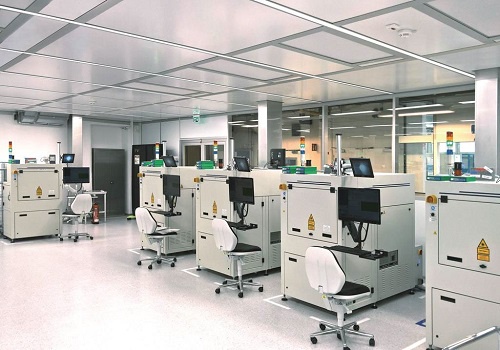Introduction:
Cleanrooms play a vital role in maintaining a sterile and controlled environment within hospitals. These specialized areas are designed to minimize the presence of contaminants and ensure the highest standards of cleanliness. In healthcare settings, cleanrooms are particularly important as they significantly contribute to patient safety, infection control, and the overall quality of healthcare services. This article explores the significance of cleanrooms in hospitals and their role in promoting optimal healthcare outcomes.
1.Infection Prevention and Control:
Cleanrooms in hospitals serve as crucial barriers against the spread of infectious diseases. By implementing strict cleanliness protocols and specialized ventilation systems, these controlled environments help minimize the presence of bacteria, viruses, fungi, and other harmful microorganisms. This significantly reduces the risk of healthcare-associated infections (HAIs), which are a major concern in hospitals.
2.Cleanrooms provide the necessary sterile environment for surgical procedures.
In operating theaters and specialized cleanroom areas, meticulous attention is given to maintaining cleanliness, air quality, and temperature control. Sterile instruments, sterile attire for medical staff, and controlled airflow systems are essential elements that ensure aseptic conditions during surgeries, reducing the chances of surgical site infections.
3.Pharmaceutical Compounding and Research:
Within hospitals, cleanrooms are often used for pharmaceutical compounding and research purposes. In compounding pharmacies, cleanrooms help maintain sterility and prevent contamination during the preparation of medications, particularly intravenous drugs and chemotherapy agents. Furthermore, cleanrooms provide controlled environments for scientific research and development, where the quality and purity of experimental work can be upheld.
4.Respiratory and Immunocompromised Patients:
Cleanrooms are particularly crucial for patients with respiratory conditions or compromised immune systems. These patients are highly susceptible to infections and require an environment with minimized particulate matter and allergens. Cleanrooms equipped with high-efficiency particulate air (HEPA) filters and stringent cleanliness standards help safeguard the well-being of these vulnerable individuals, ensuring their recovery and protection from potential harm
5.Medical Device Manufacturing and Maintenance:
Hospitals often house facilities for medical device manufacturing and maintenance. Cleanrooms are integral to these processes, ensuring that medical equipment is assembled, tested, and maintained in sterile conditions. This helps prevent contamination and malfunctions in critical medical devices, ensuring their reliability and safety for patient use.
Conclusion:
Cleanrooms Kuwait are essential components of hospitals, contributing to patient safety, infection control, and the overall quality of healthcare services. By maintaining a controlled environment with reduced contaminants, cleanrooms minimize the risk of healthcare-associated infections, provide sterile conditions for surgical procedures, facilitate pharmaceutical compounding and research, protect vulnerable patients, and ensure the reliability of medical devices. Hospitals continue to prioritize the use of cleanrooms to uphold the highest standards of cleanliness and improve healthcare outcomes for patients.
Reference Link(OriginallyPosted: https://ziebaq.mystrikingly.com/blog/the-importance-of-cleanrooms-in-hospitals


No comments yet